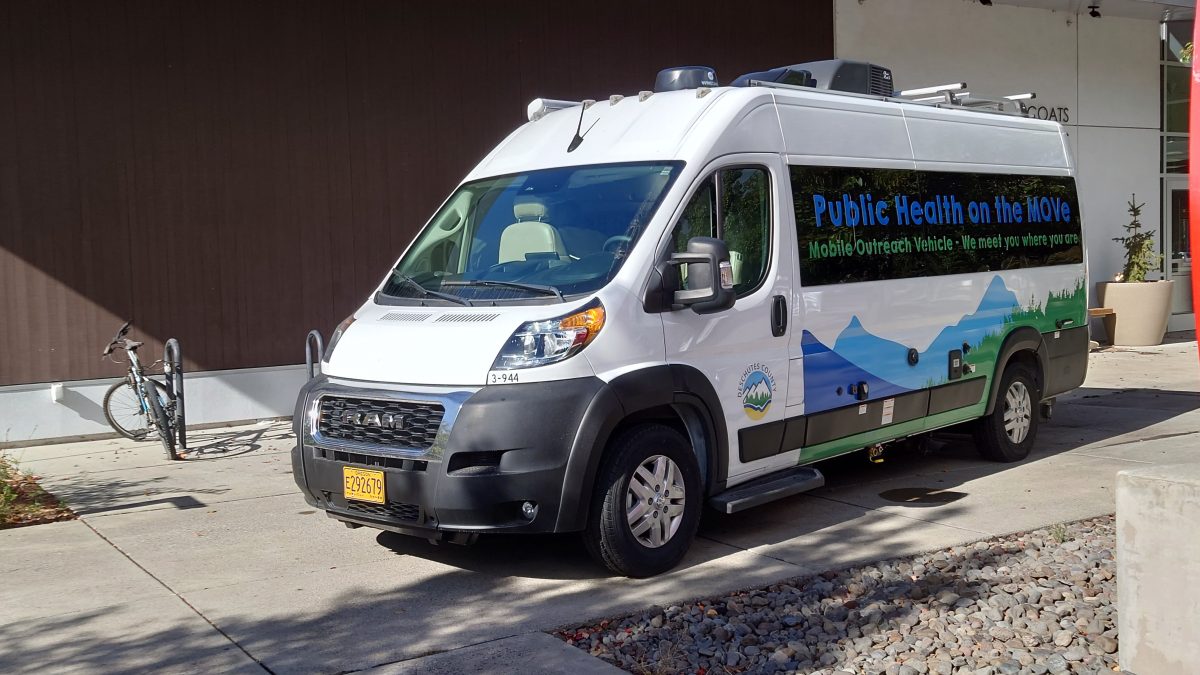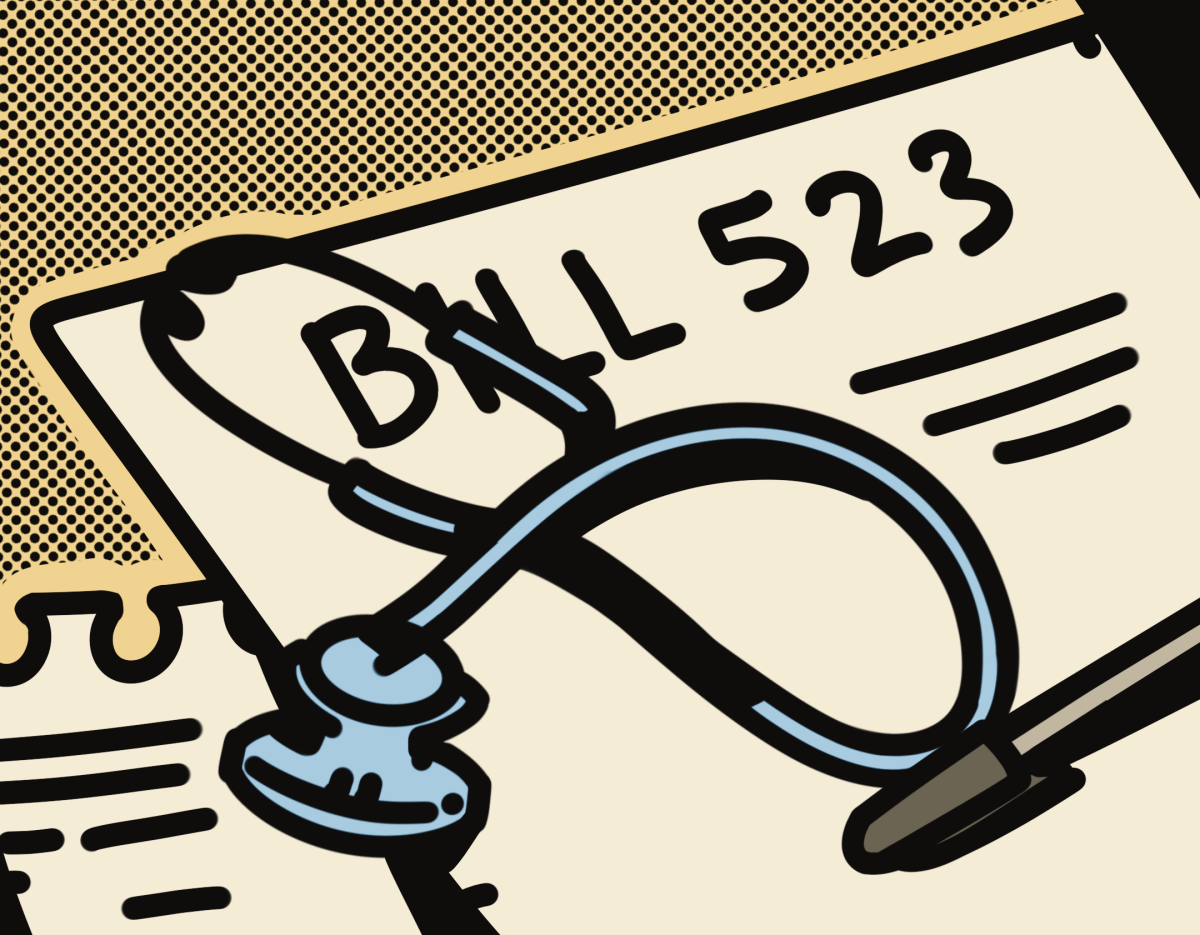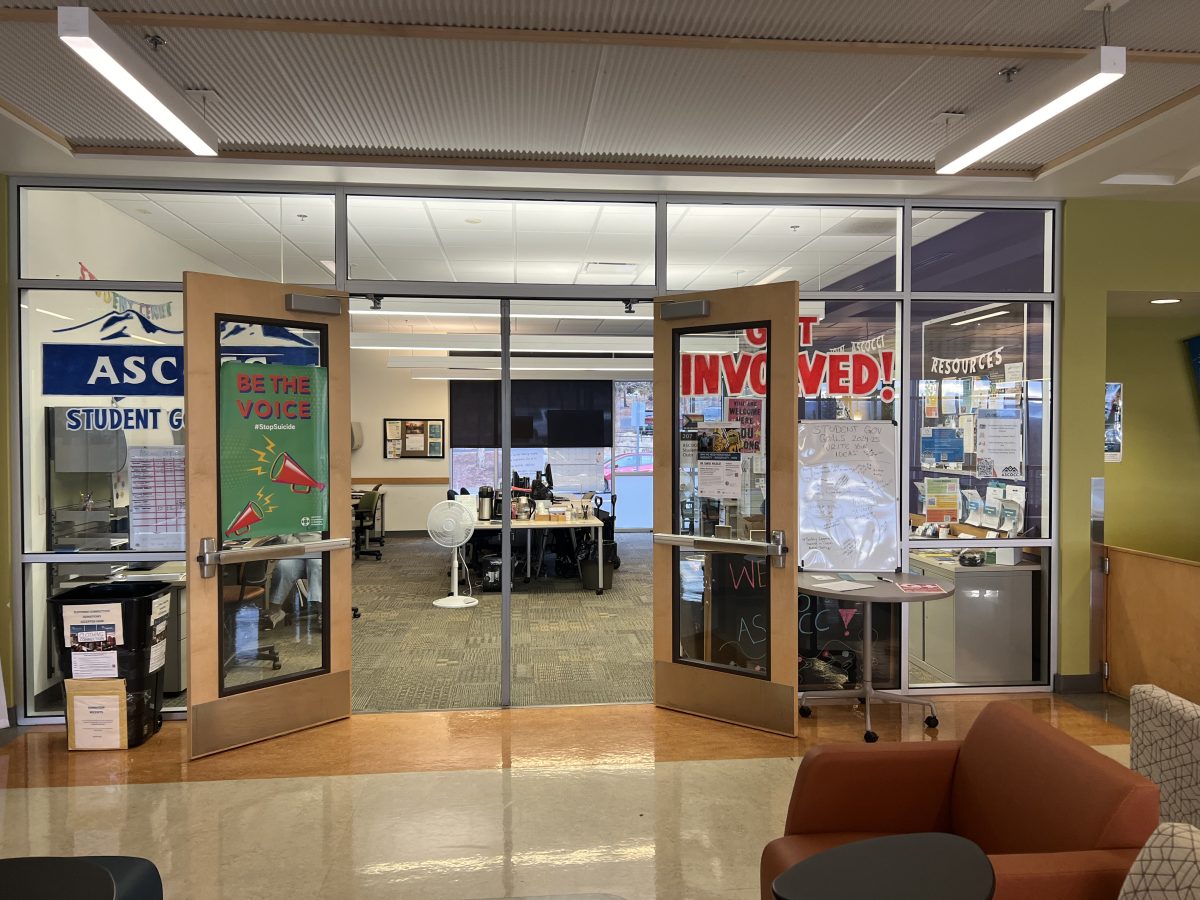Marcela Irribarren/ The Broadside
Many businesses in Central Oregon have recently been impacted with staffing issues and even more so with the state’s mandate that took effect on October 18th for health care workers.
With staffing issues at local pharmacies, filling medications begin to fall behind.
“It’s terrible,” said Rite Aid’s pharmacist Louis Deenik. “We are about 5 days’ worth of prescriptions behind. No one can answer phone calls because we’re preoccupied with either filling a prescription, administering vaccinations, or checking out customers whose prescriptions are already filled.”
After the mandate took effect requiring that all healthcare personnel are fully vaccinated, Rite Aid lost a few staff members who did not receive the vaccine.
After the mandate on healthcare workers, I feel like that was a step on a drowning head. I understand the precautions and the reasons behind the mandate, however, it doesn’t help businesses who are already suffering from staffing issues.
Since Bi-Mart has closed down all its pharmacies due to staff shortage, customers have been transferring their medications over to other pharmacies such as Rite Aid. Rite Aid receives at least 9 transfer customers a day. Each customer may have between 1 to 15 different prescriptions. Staffing issues put a strain on filling Rite Aid’s current customer prescriptions.
“It’s a process inputting patient and insurance information in the computer system after administering a vaccine or for a transfer,” said Rite Aid’s lead pharmacist Jin Lee. “It takes time from a pharmacy technician. Time that could be used to fill a prescription.”
After Bi-Mart’s pharmacies closing and Rite Aid pharmacies receiving a great deal of transfers, this puts many current prescription orders behind.
Customers have been cooperating, however, there are a few who decide to show frustration.
“It’s difficult sometimes because customers don’t know what we’re dealing with; they don’t know our jobs and how much there is to it,” added Deenik.
In any given pharmacy, a pharmacy technician receives either a physical or electronic prescription from a physician. If the customer is new to the pharmacy, the technician must have their information such as identification and insurance, and any known allergies. If the customer has filled their prescription at the pharmacy, their information would already be on file from a previous prescription fill.
A typical pharmacy may receive up to 500 prescriptions in one day, but due to staffing issues, Rite Aid fills about less than half.
After a prescription has been captured in the system, the technician retrieves the medication, if it is in stock, and must physically count the prescription’s quantity. Once the quantity is met, a label is printed and the medication is sealed in a pill container in which the pharmacist has to approve of it.
Moreover, at this particular Rite Aid, only pharmacists are allowed to administer vaccinations to customers. This pulls the pharmacist away from their duties to authorize or approve prescriptions, which ultimately puts the process of filling medications on hold.
With more prescription orders that need to be filled and with such little staff, Rite Aid corporation had to ultimately make the decision to close the pharmacy on Sundays until further notice.
Rite Aid pharmacy was already behind on prescriptions and now that the mandate has taken effect, the pharmacy has lost even more staff. This puts pressure and stress on the remaining staff by carrying such a large load as well as customers being told their prescriptions aren’t ready yet.
And with customers not receiving their prescriptions in a timely manner, frustration is laid upon the staff. It is a vicious cycle that seems to have no end.




















